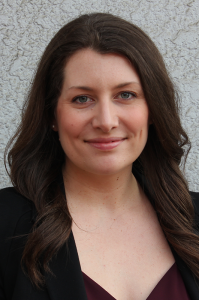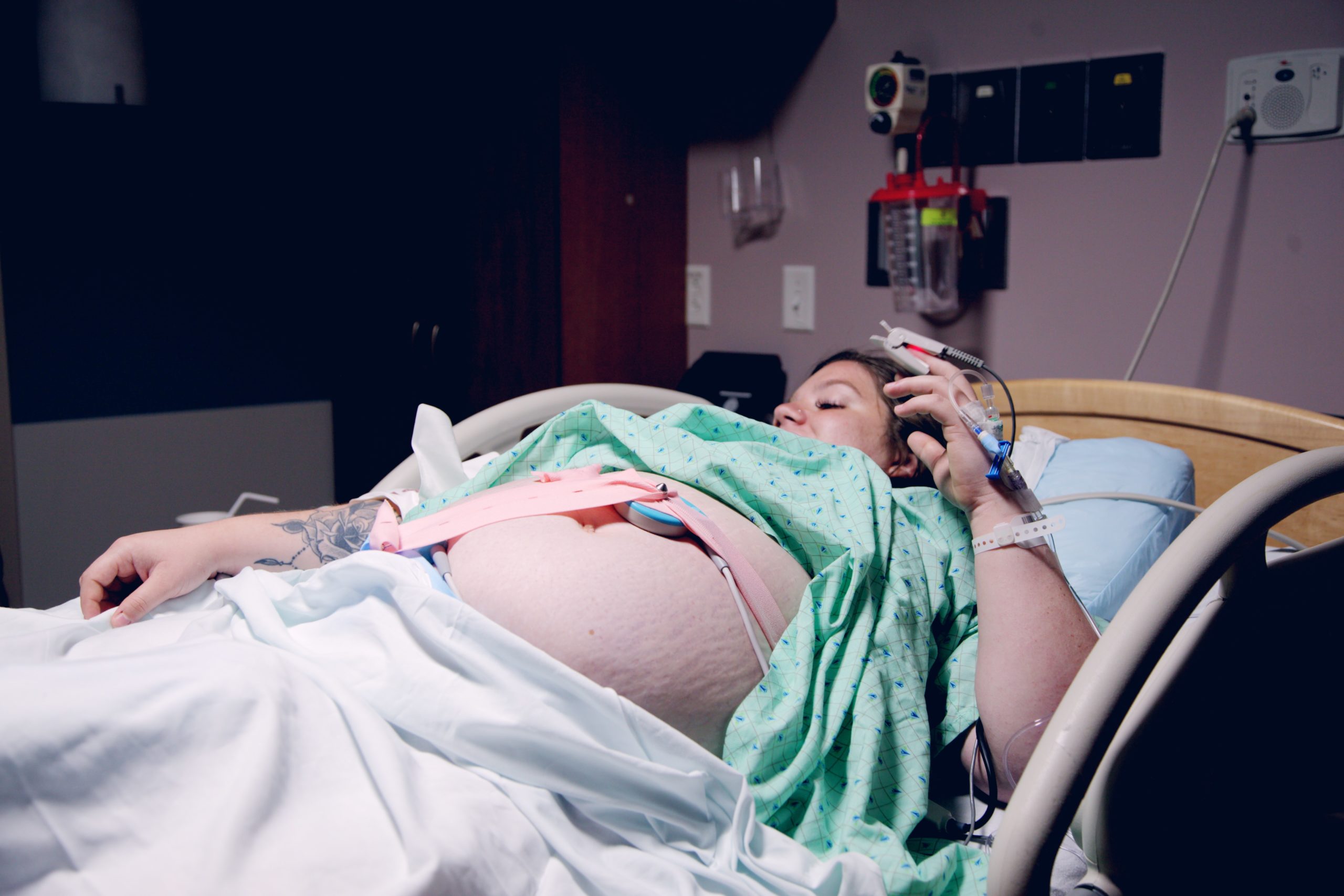The COVID-19 pandemic has changed almost everything about our daily lives and thrown a wrench into our plans. But what does it mean for pregnancy and labour, one of the most important planning processes in many people’s lives?

This question is the focus of a new project led by Dr. Timothy Teoh, a family physician and clinical instructor in the Department of Family Practice at UBC, with mentorship from CHÉOS Scientist Dr. Sarah Munro.
“Efforts to slow disease spread, such as social distancing, have been introduced into the general public, but they have also affected things like prenatal care and labour,” said Dr. Teoh. “This project aims to understand people’s experiences around pregnancy and labour during these unique times.”
Studies about wellbeing in pregnancy during disease outbreaks, like SARS, demonstrate increased emotional stress related to staying healthy and avoiding infection.
“There are currently limits to the number of family members who can be present during labour,” explained Dr. Teoh. “This, and other policies, can lead to feelings of isolation and lack of support.”
This study consists of two semi-structured virtual interviews, one during the third trimester and one within 3 weeks after delivery. The open-ended interview questions seek to understand peoples’ expectations for birth, experiences of labour, information needs, and opportunities for improving delivery of care.
“Some of the things we are interested in understanding are how people’s expectations of the process changed before and after labour, the positives and negatives of their experiences, and any changes that could be made to the process,” he explained.
But, as an emerging area, research related to COVID-19 is somewhat of a moving target.
“There is a lot of uncertainty right now in the midst of the pandemic. This study will help to provide some guidance in this area, for patients, care providers, and decision makers,” he said.

Beyond supporting the design, conduct, and analysis of the study, Dr. Munro’s role in the project is to lead the knowledge translation of the results.
“Policy makers, clinicians, and researchers are very interested in understanding how people are experiencing the pandemic,” she said. “We are connected with a number of networks where we will be able to share these results once we have them.”
The project is supported by the Clinician-Scholar Research Fellowship through the Department of Family Practice. Dr. Teoh practices family medicine at St. Paul’s Hospital, as well as other facilities in Vancouver.
For more information about the study, view the study recruitment poster or contact Dr. Teoh at tteoh@alumni.ubc.ca.



